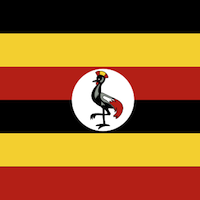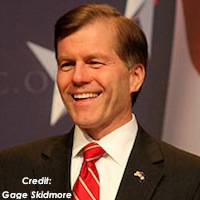I’ve been arguing for several months now that the durability of ISIS over the long-run is going to be a lot less about ability to rapidly take over territory with mobile light infantry than about ability to hold the territory they already have. Beheadings, massacres, and general intimidation can keep people docile for a while, but in the end every territorial administration — whether a state or a non-recognized/non-state actor — has to balance that with substantial provision of basic services, governmental functions, and food access. Otherwise people just get hungry enough and angry enough to overthrow you no matter how many gunmen you have on payroll.
Fluid terrorist organizations that move easily between physical locations and do not attempt to run a state can basically do whatever they want and be as vicious as they want. But organizations that set themselves up in a defined physical space (a territory) and attempt to take over or establish a new state (or pseudo-state) quickly find that the administration capacity question is what makes or breaks their ability to remain in control.
Hamas in the Gaza Strip, Hezbollah in Lebanon, and al-Shabab in southern Somalia, have all proven that they can gain a ton of local support by providing government functions effectively and providing food and services to their constituent populations effectively (particularly when compared to the alternative vacuum). They are so good at the “welfare” part of the welfare state that they can take actions that directly or indirectly cause harm to their populations and they will still remain highly popular within their territories. For example, as I examined previously, al-Shabab has spent millions of dollars since 2011 on serious, long-term agro-infrastructure development in southern Somalia to reduce famine risk and create and independent local food production capacity that breaks the cycle of dependence on food imports.
ISIS has declared itself to be “The Islamic State” and has carved out an entirely new administrative district, Forat Province, based on the Arabic name for the Euphrates River, which spans part of eastern Syria and western Iraq. They have clearly established themselves in the territorial-control model of terrorist organizations.
Contrary to much of the breathless media reporting focusing on their rapid traversing of desert highways, the expansion of ISIS is far from unstoppable or perfectly stable. Already they have reached the point where they have disrupted local administrative functions so heavily that they need to slow down and resume bureaucratic operations to keep everything spinning smoothly enough for people to remain accepting of their rule in the places they’ve already captured.
In particular, the core of the ISIS sphere of control poses a lot of challenges for the organization. A lot of local community leaders in eastern Syria are economic mercenaries, exploiting the civil war’s chaos, with only the thinnest of allegiances to ISIS, who will turn on them without a moment’s notice if a better opportunity comes along that ISIS can’t outmatch.
According to reporting from Reuters, however, ISIS has actually been making some disturbingly long strides in eastern Syria in terms of rebooting the administrative activities after their initial wave of terror: Read more





 A new Al Jazeera
A new Al Jazeera  Ah, Bob McDonnell, the once and former future Vice President of These United States. Now a retired Governor of Virginia and (as of today) 11-times-over Federal convict. His wife was also convicted soundly on similar charges.
Ah, Bob McDonnell, the once and former future Vice President of These United States. Now a retired Governor of Virginia and (as of today) 11-times-over Federal convict. His wife was also convicted soundly on similar charges.